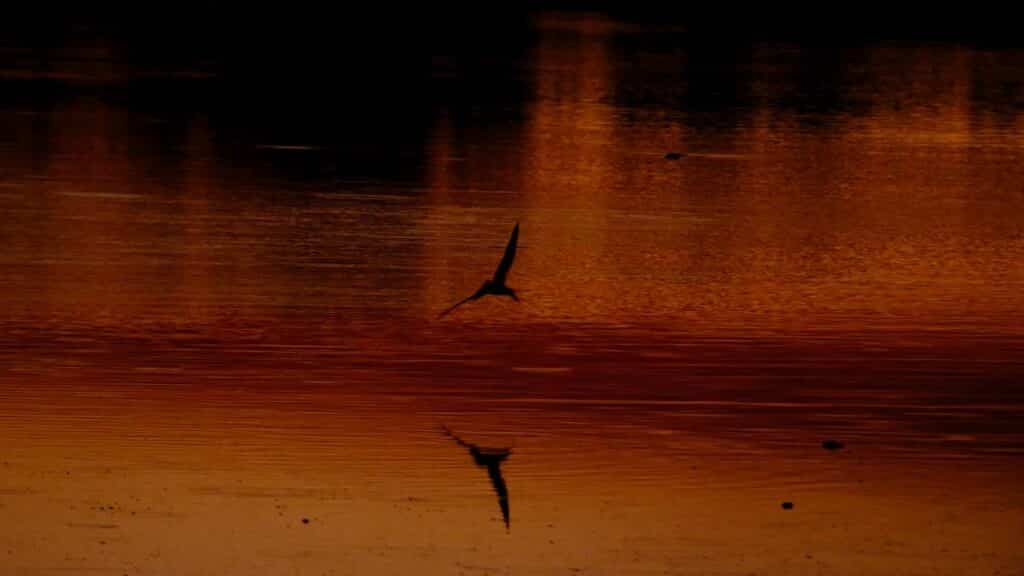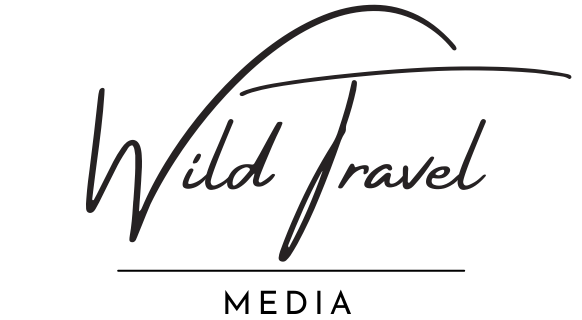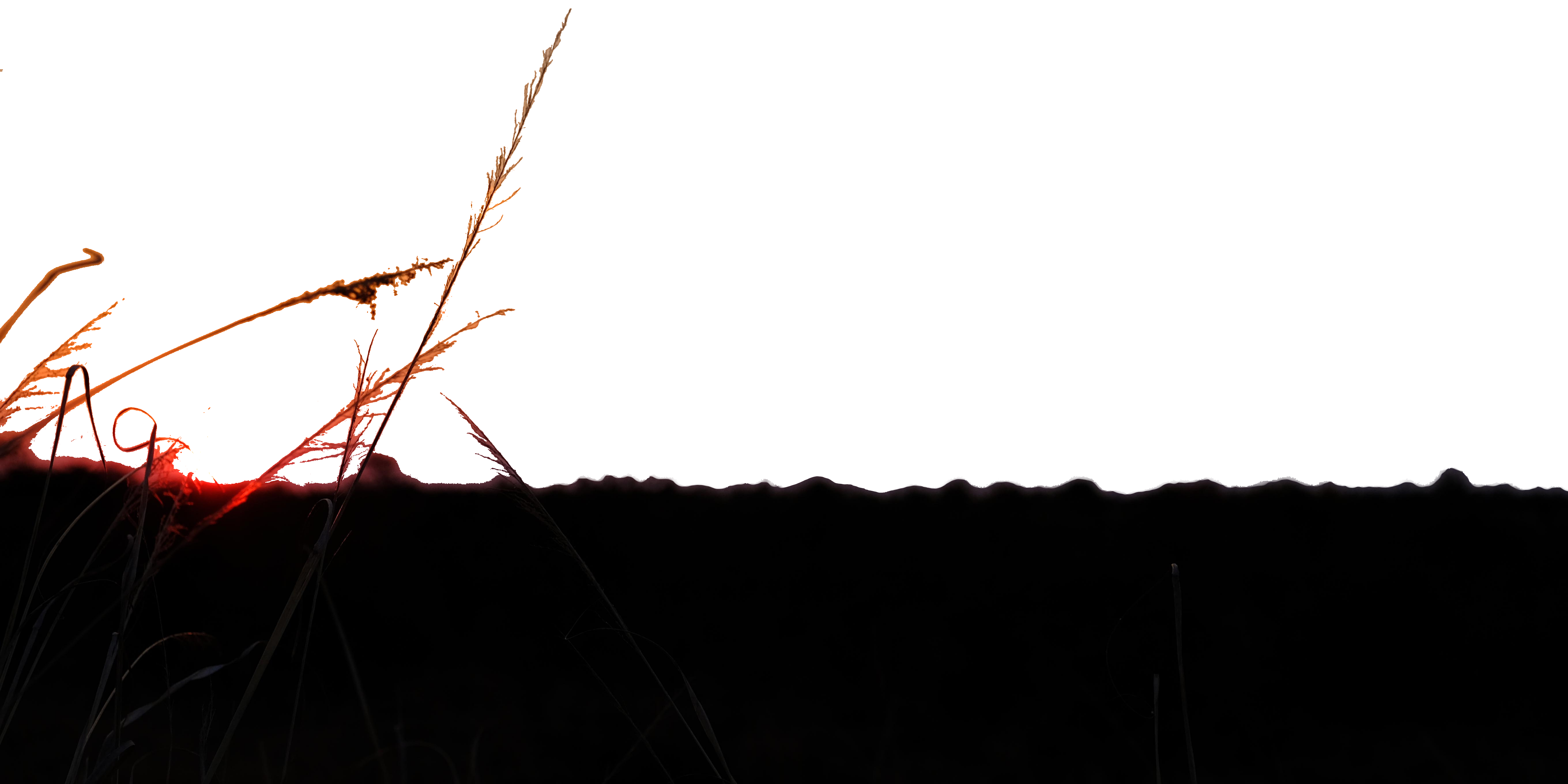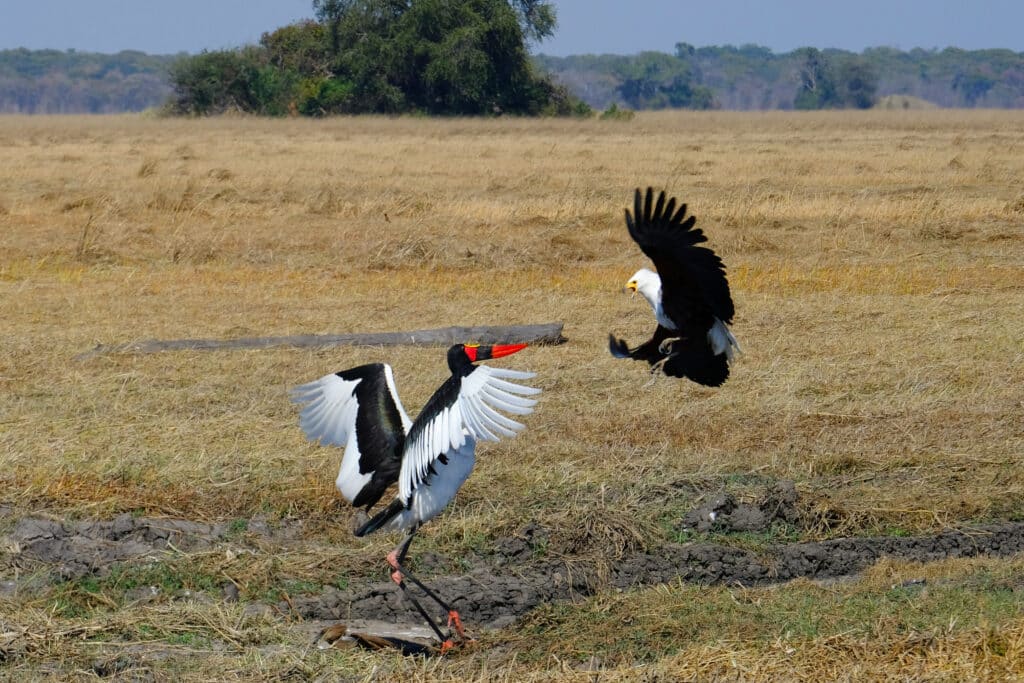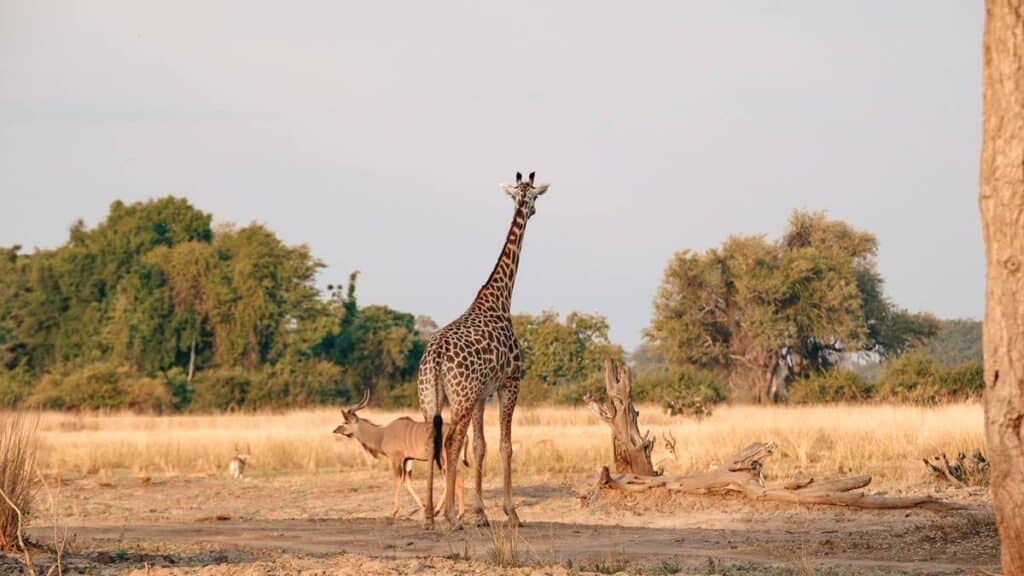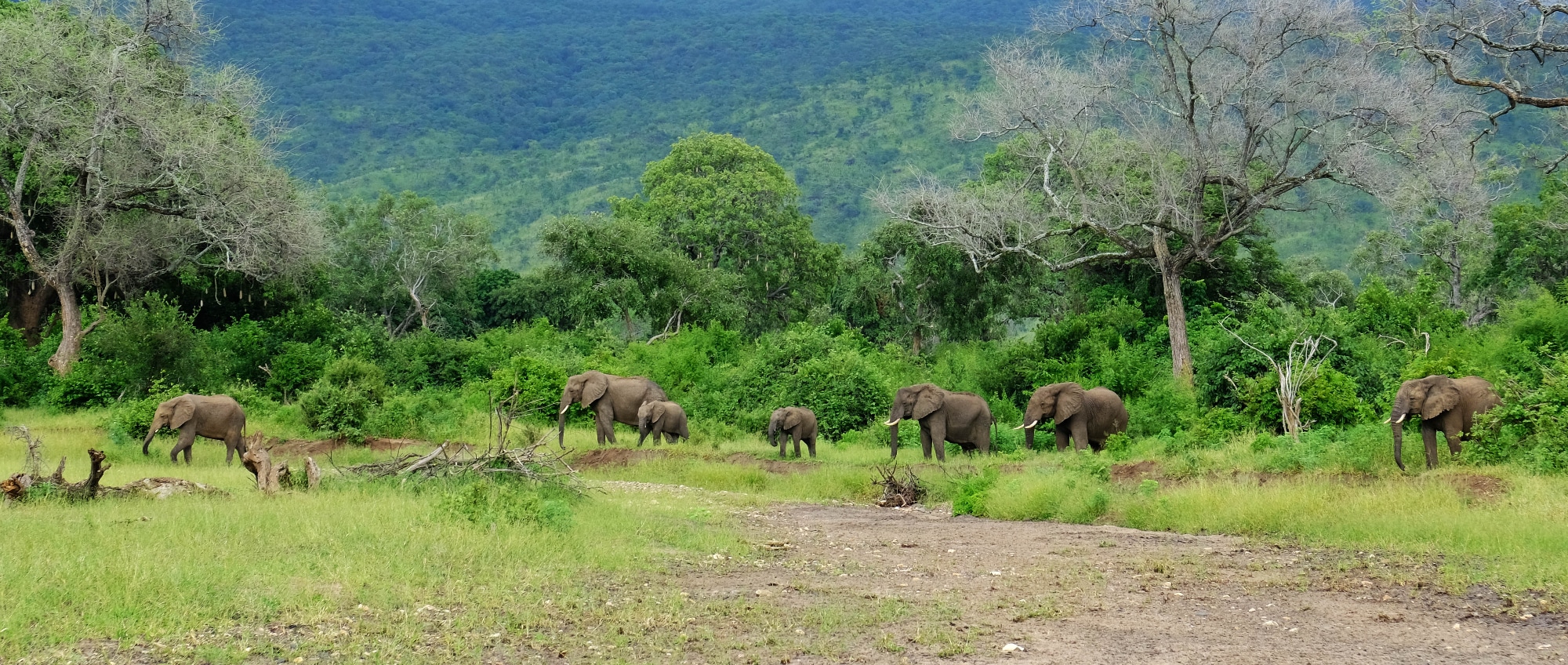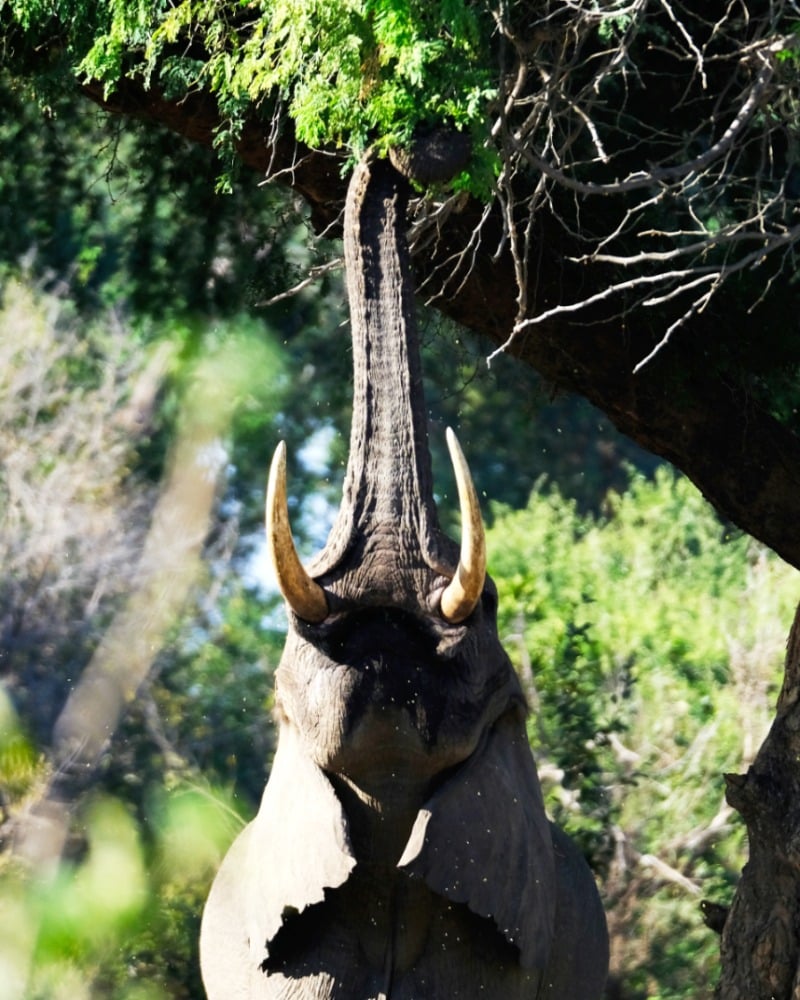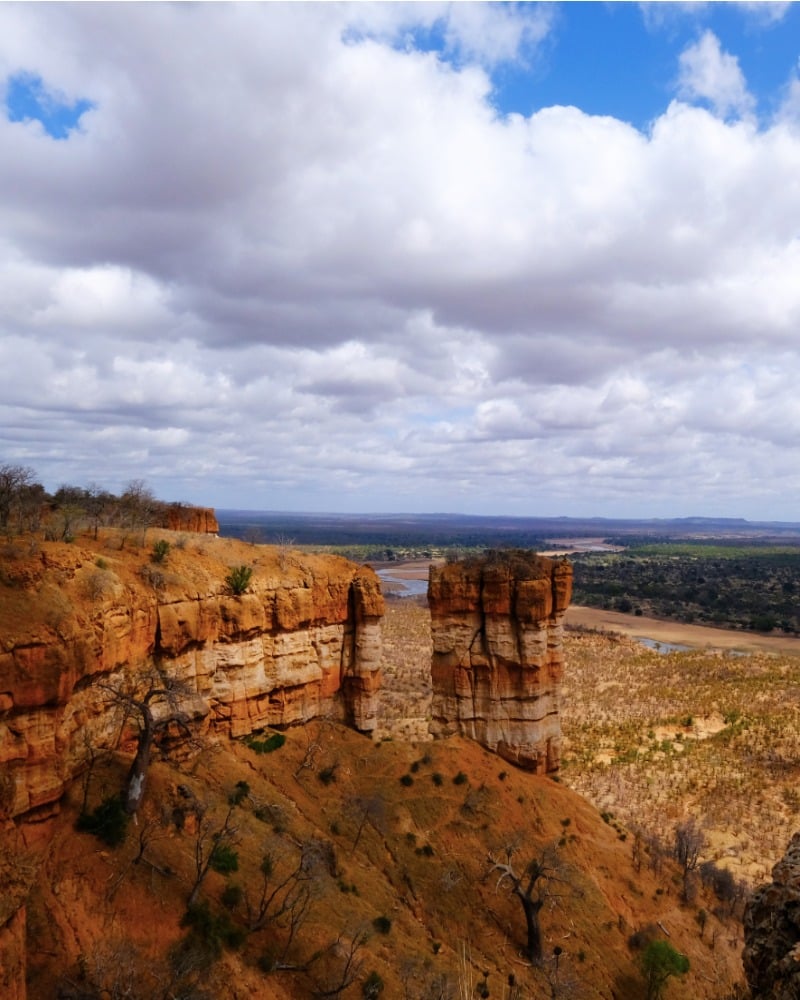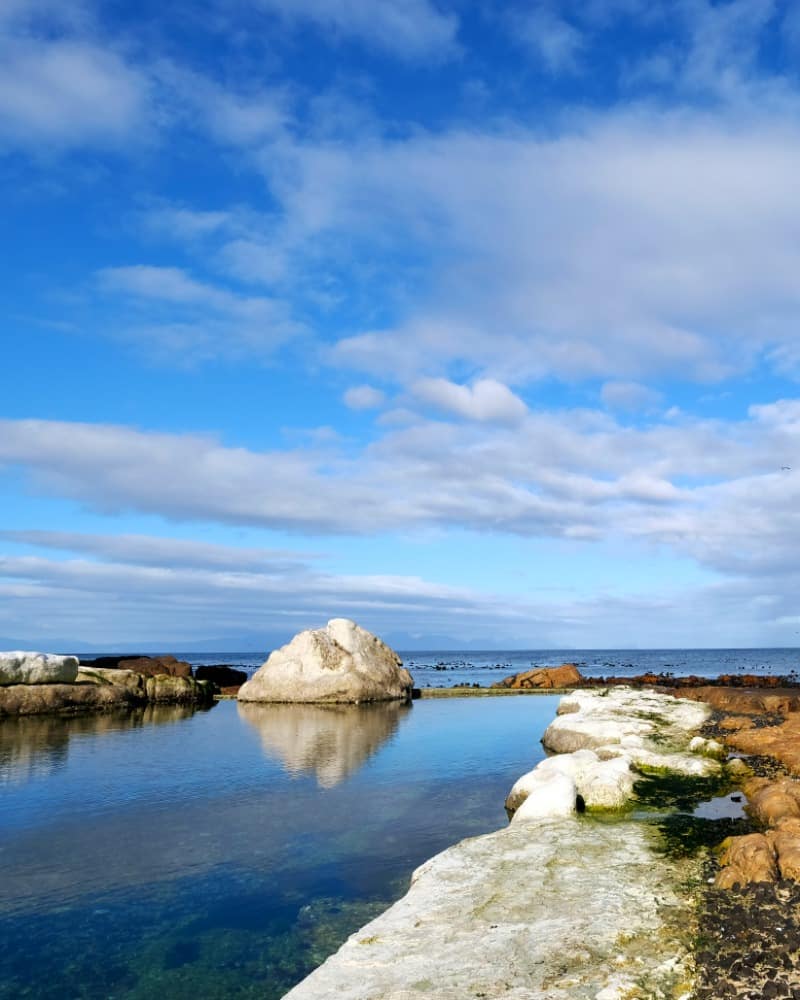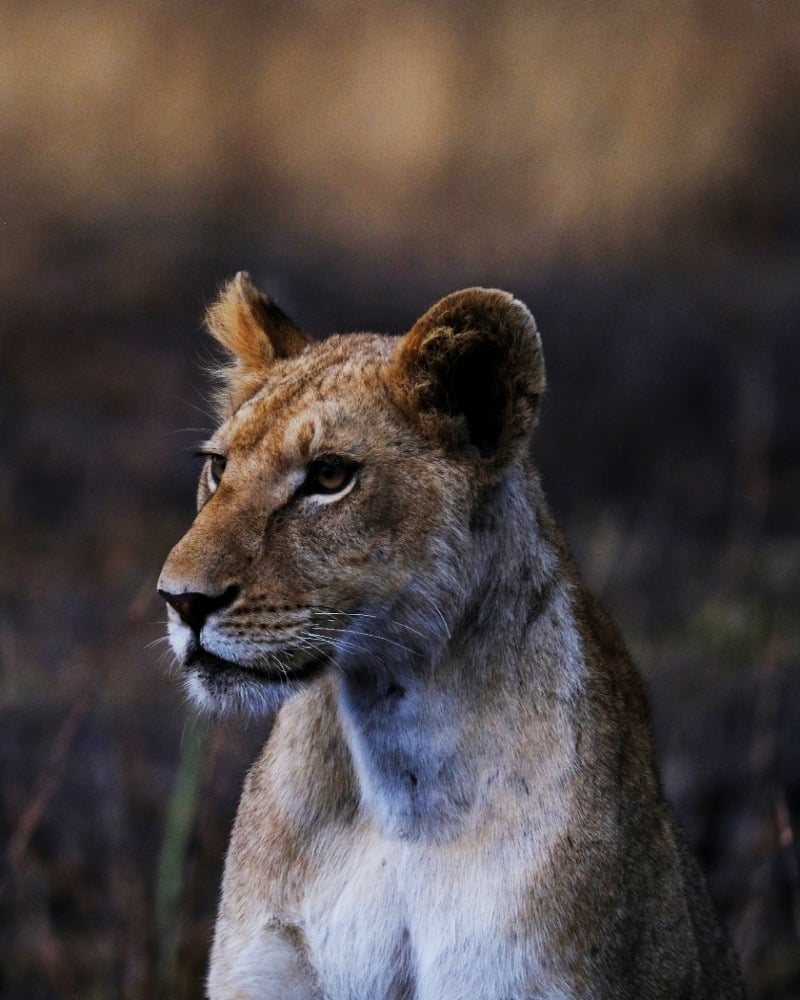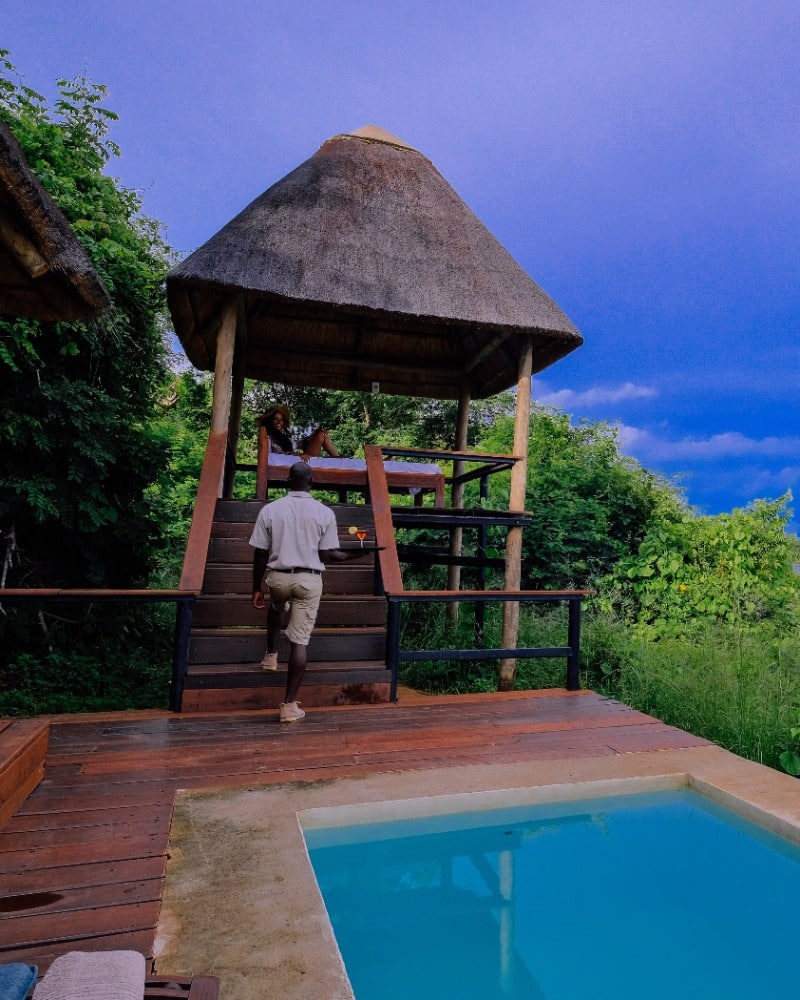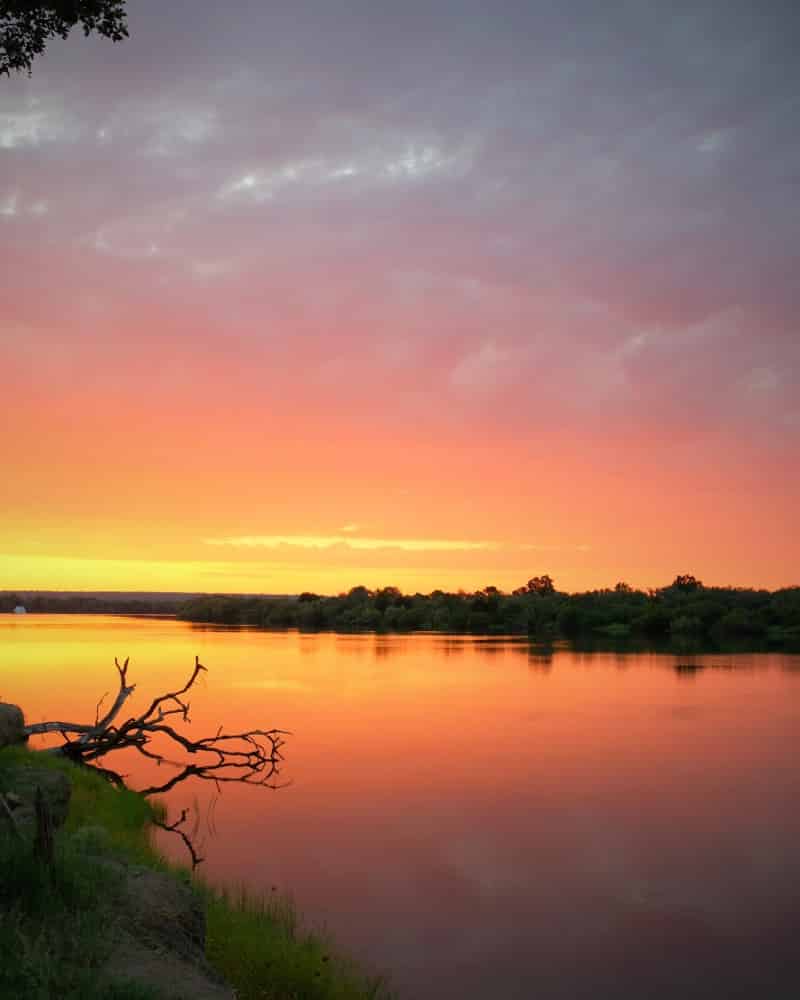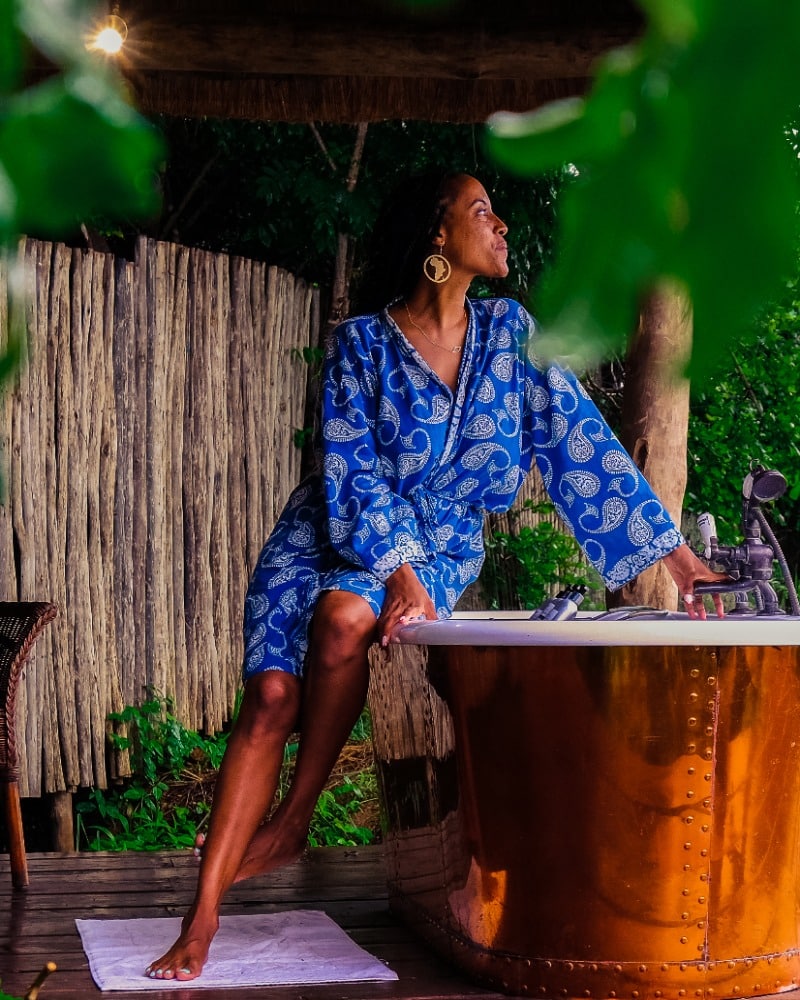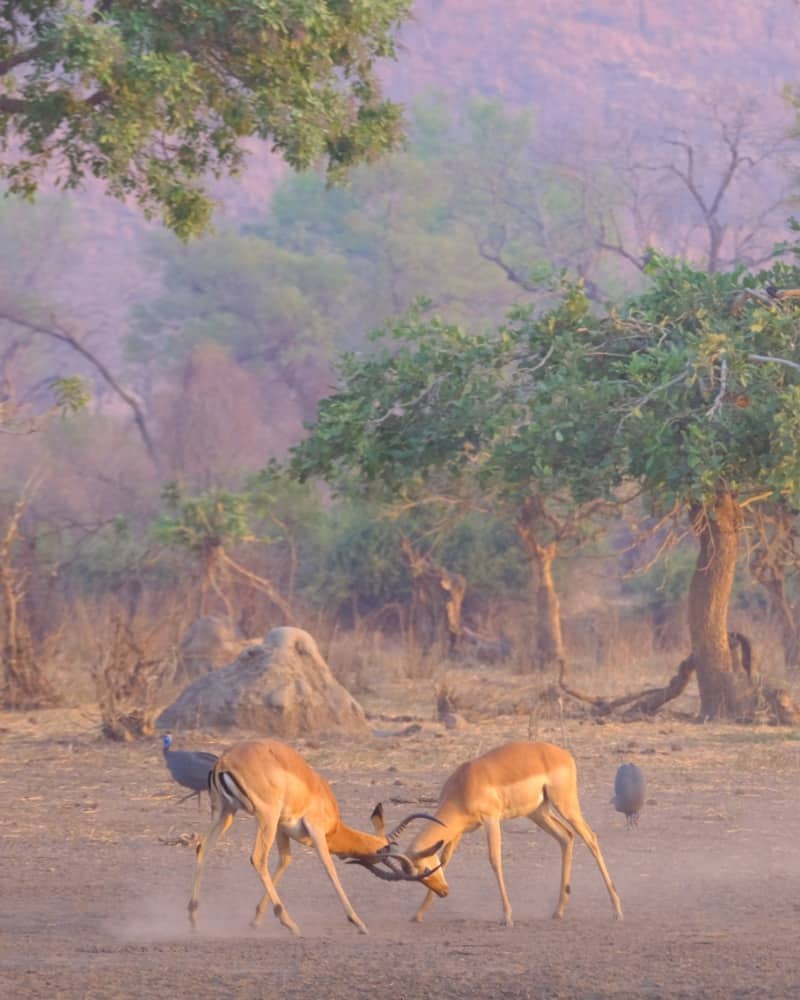Writer: Liane Haig Photographs by Karen Lowe Photography
South Luangwa you say? Not many of us have heard about, never mind been to, the ecological haven that is South Luangwa. Situated in eastern Zambia, the unfenced park stretches between a steep escarpment to the west and the meandering Luangwa River to the east. An untouched and still truly wild ecosystem, South Luangwa is teeming with wildlife and stories to be told.
Karen, owner and founder of Wild Travel Media, got to experience South Luangwa firsthand and recalls just why this is one of Southern Africa’s best kept secrets.
Certainly not just a hop and skip away, the long and hot 8 hour drive from Lusaka is all worth it. Arriving at the edge of the Luangwa River, the golden sun setting over the glassy horizon is a sight for weary eyes. Hippos bid their grunty goodnights as elephants enjoy their final nightcap before heading into the vast darkness.
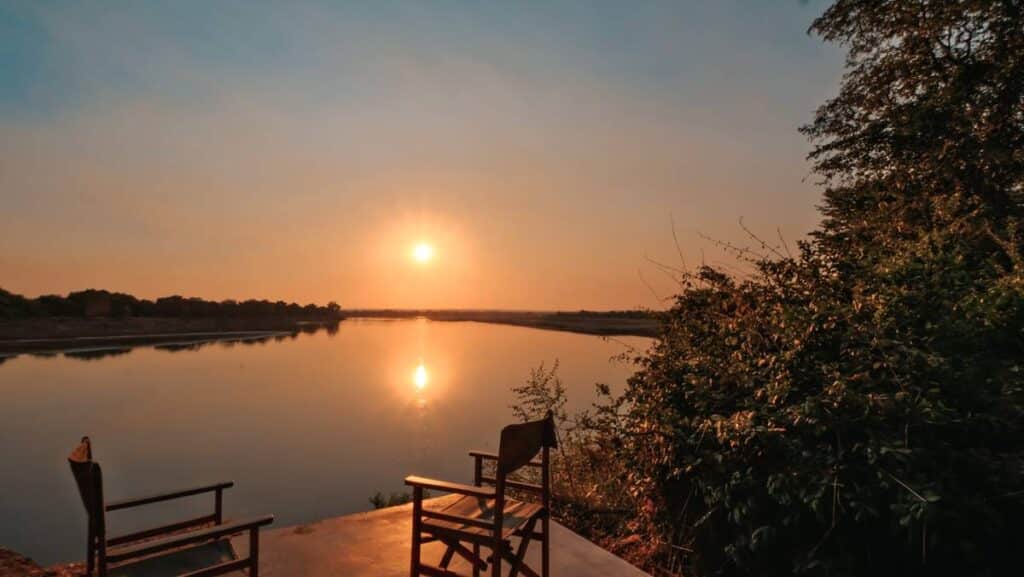
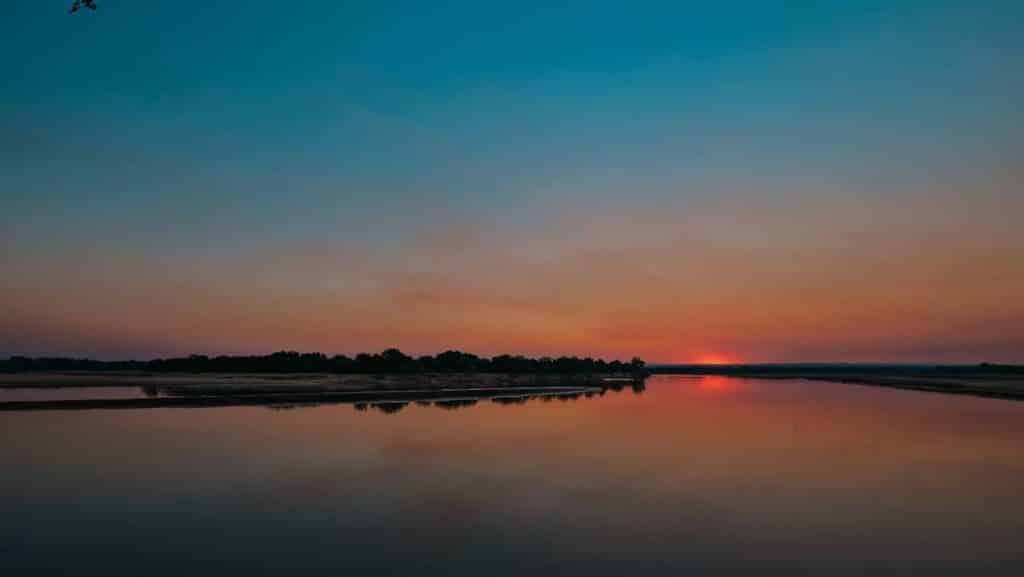
Dawn in South Luangwa is always a chatty affair, amongst the animals that is… Stories of the night’s escapades are shared through the bush vine – chattering monkeys, chortling hippos and exuberant birdsong. There had appeared to be a visitor in camp, with leopard spoor spotted in the sand just outside the tents. With the sun rising over the river, the happy campers made their way to the nearby hide, coffee cups and cameras in hand. The comical baby baboons put on quite a show while the shy puku graze nearby. Where did you have your coffee today?
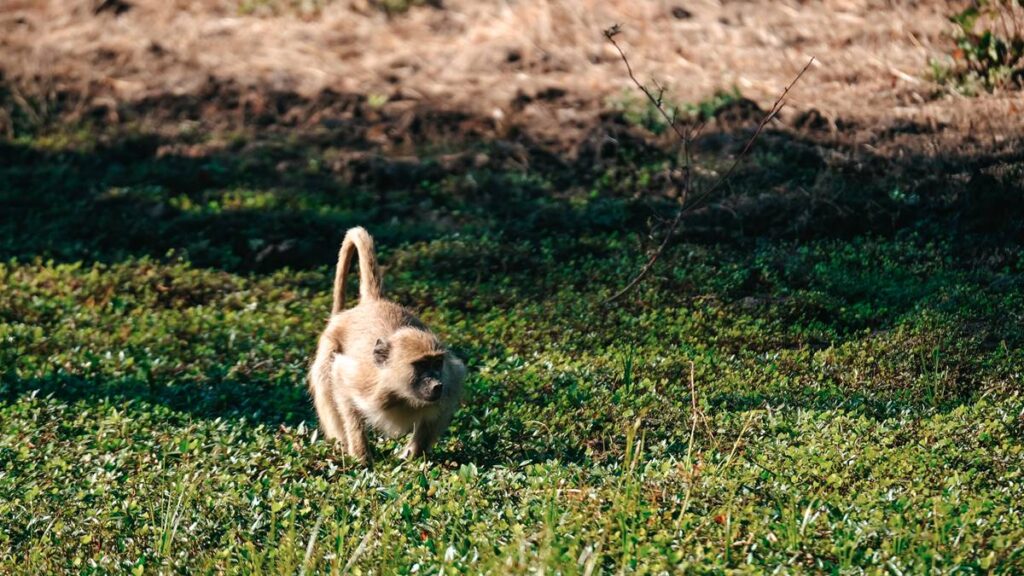
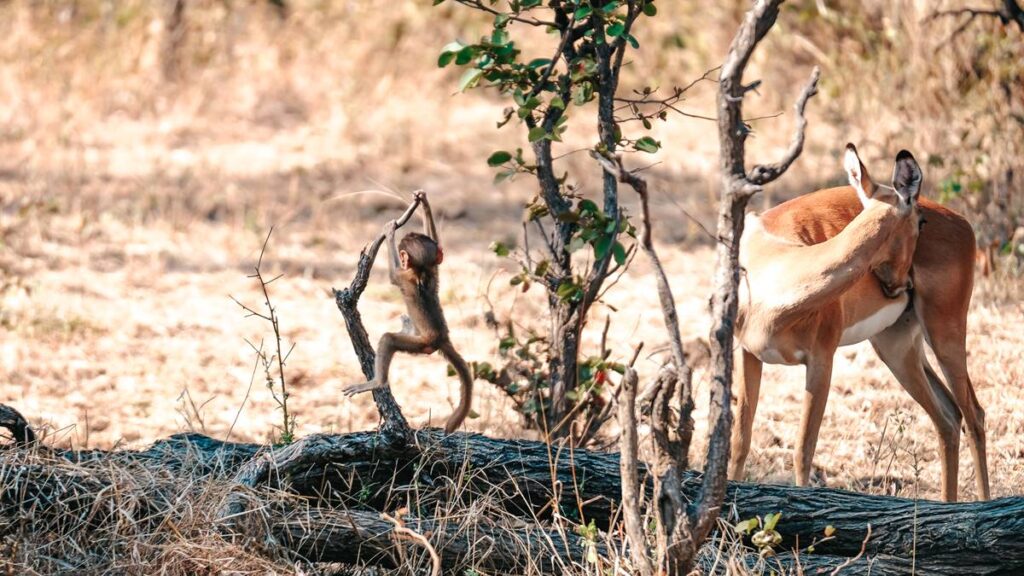
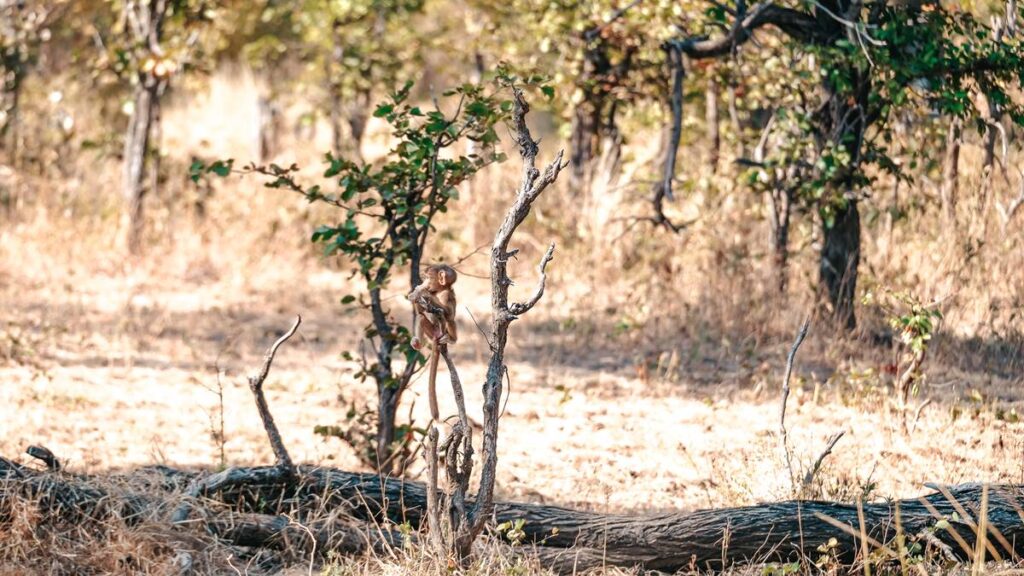
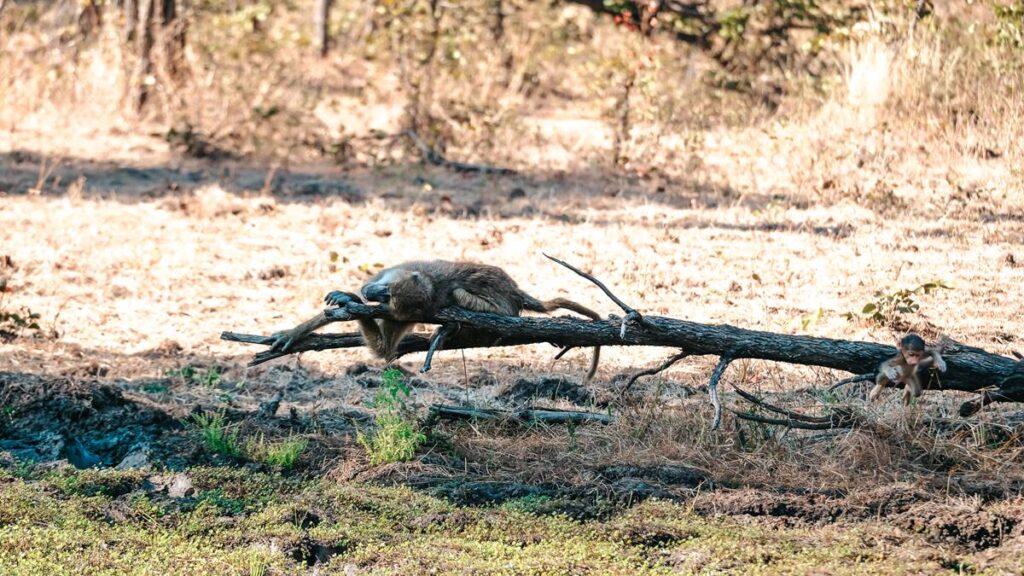
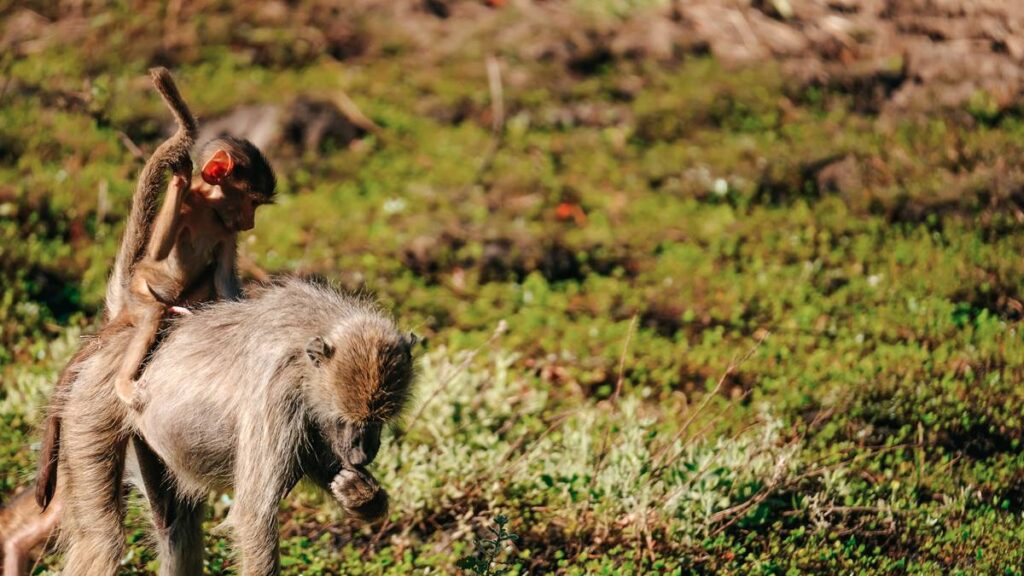
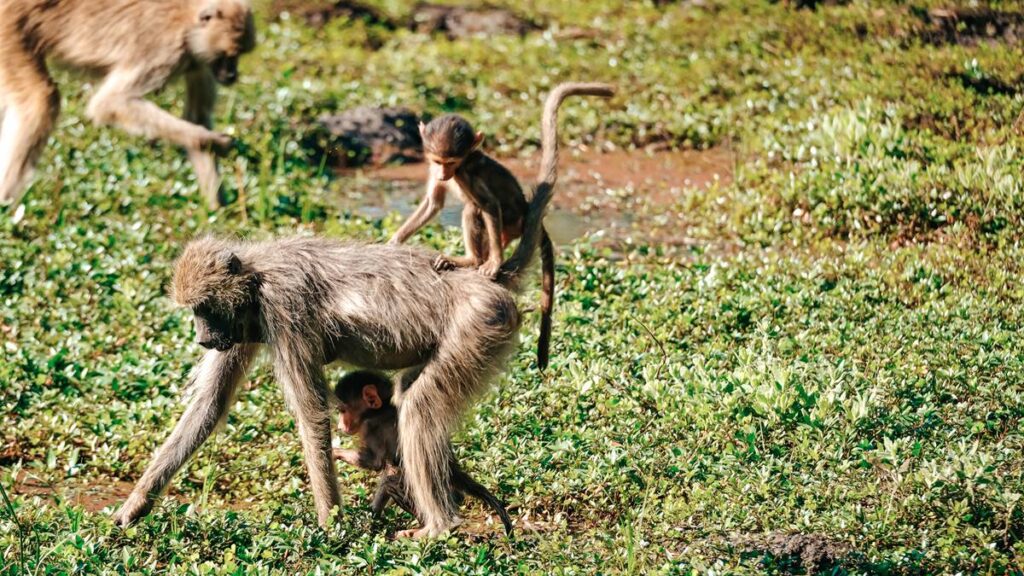
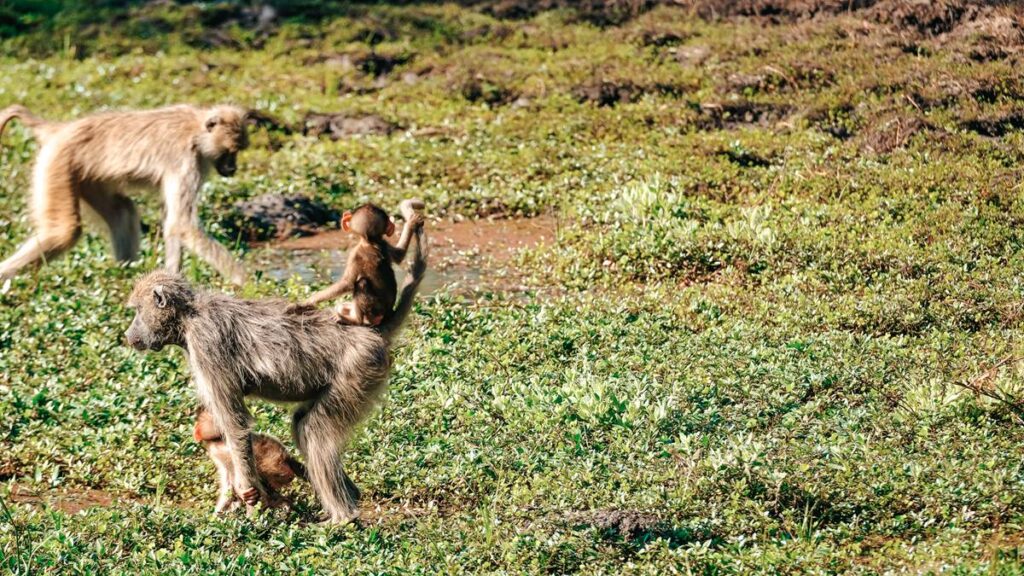
Sufficiently entertained and now wide awake, the crew hopped into the Land Rover to explore the game management area outside the park. Trundling along dusty roads through diverse landscapes of woodlands and open grasslands, a family of giraffe with a tiny calf make a surprise appearance. Their Shona name ‘twiza’ seems so apt given their delicate tweezer-like legs and general tall and skinny physique.
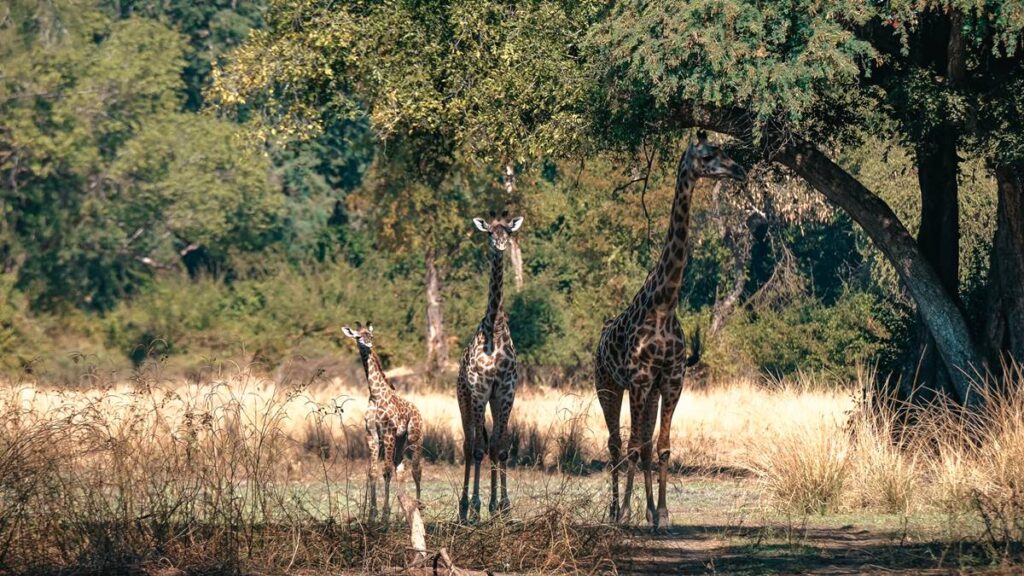
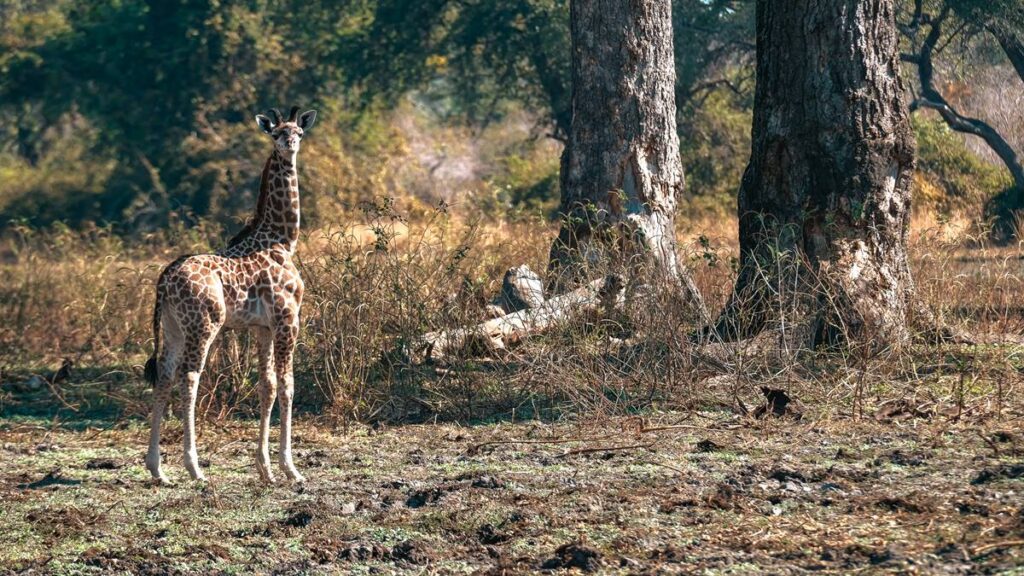
The dense stretch of woodland opened up to a vast wetland rich with birdlife and most noticeably huge flocks of crowned cranes. It’s an incredible sight to see so many of these birds together, famed for their striking gold crown-like crest. According to an old African fable, a king who was once lost in the desert was led home by the birds. As a token of his appreciation he ordered his goldsmith to bestow a golden crown on each one of them. This caused an uproar among the other animals who grew envious and stole the crowns for themselves. In the end the king had new crowns made, not of gold but of golden feathers instead.
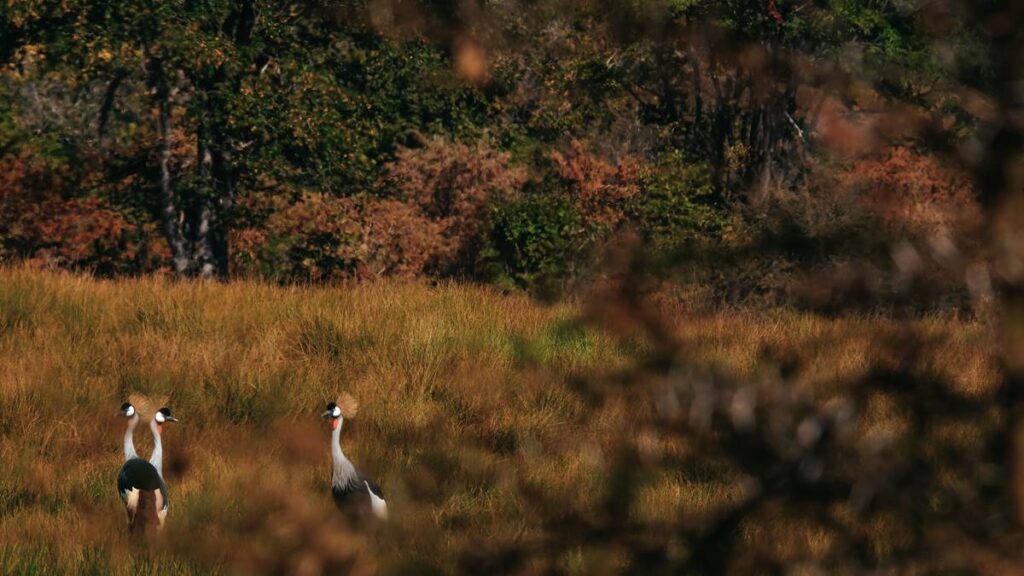
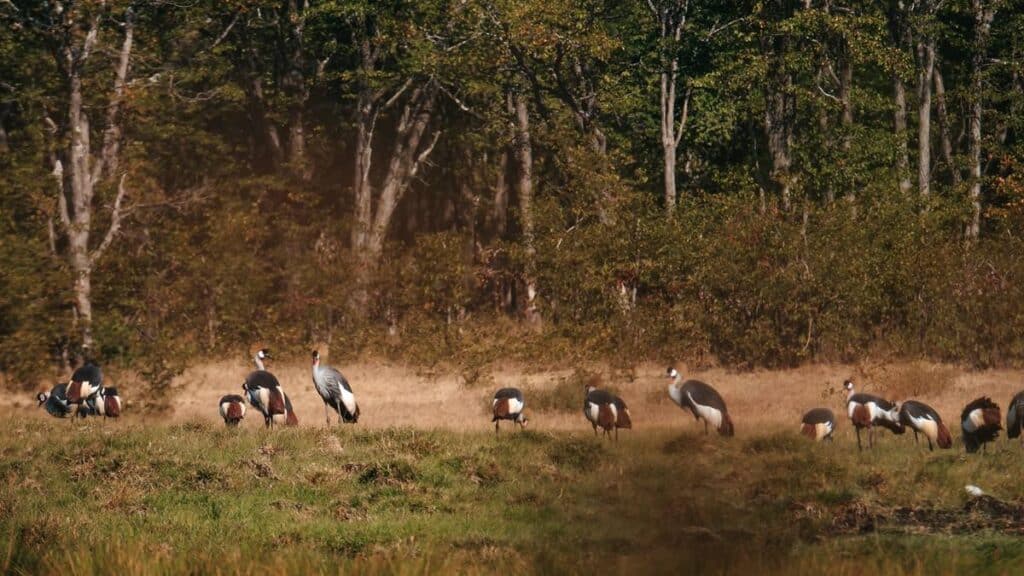
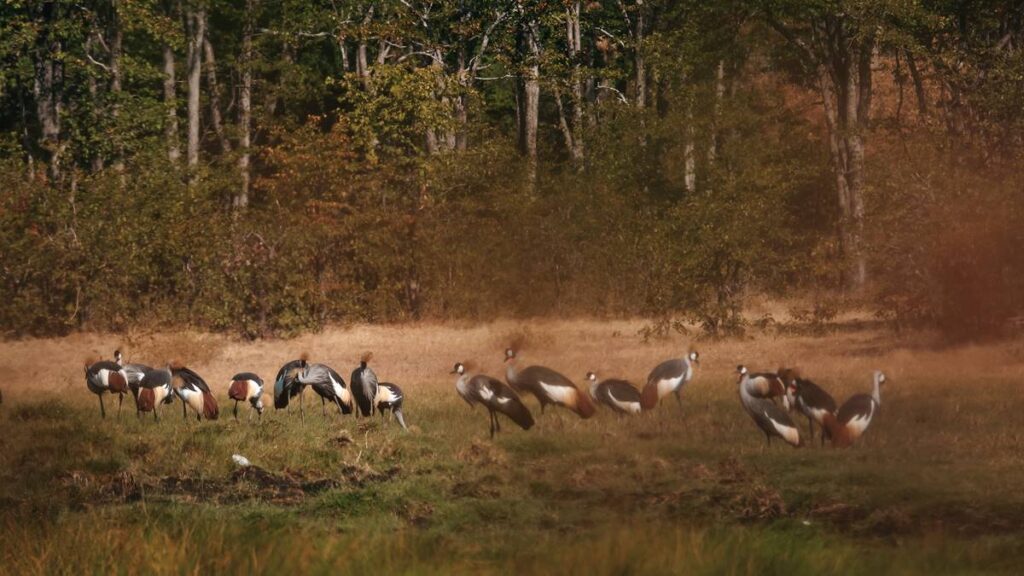
Soon after admiring the regal birds, it was time for tea under a magnificent baobab tree. Karen happily divulged her passion for photography and the bush, imparting her knowledge about wildlife photography and birding to the eager kids in the group. A family safari certainly is a special time for connection, away from technology and distractions.
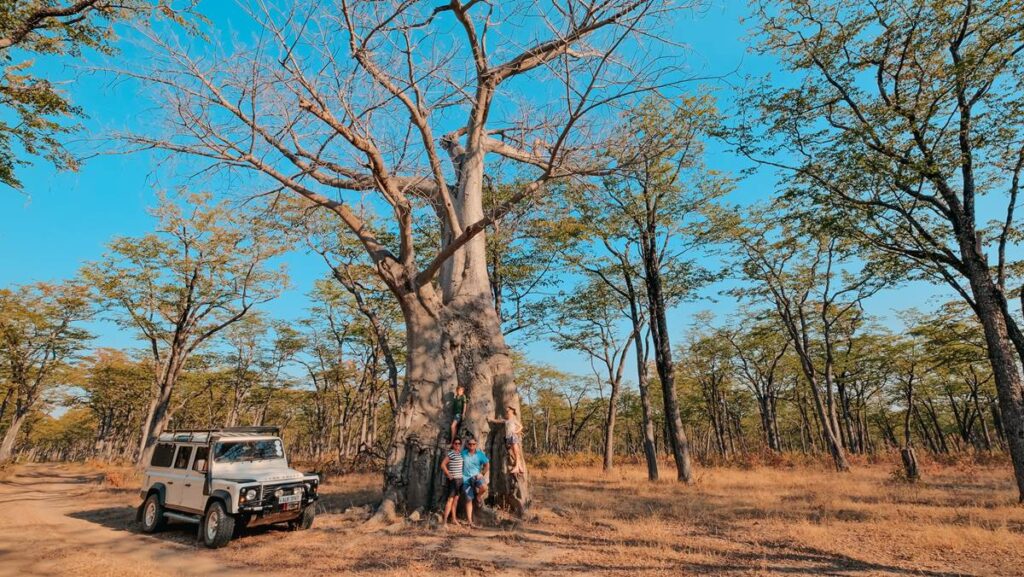
The start of day two saw a flurry of activity in camp with picnics being packed and camera bags organised before heading into the park for a full day’s excursion. And it did not disappoint when it came to wildlife encounters and exploits. The hippo population is fairly large in the Luangwa with the many pools and river tributaries filled with snorting pods and twitching ears. Karen managed to capture a heart melting moment of a tiny baby hippo snoozing contentedly on its mother’s neck, while a large hippo bull lay basking on the sandy shores nearby.
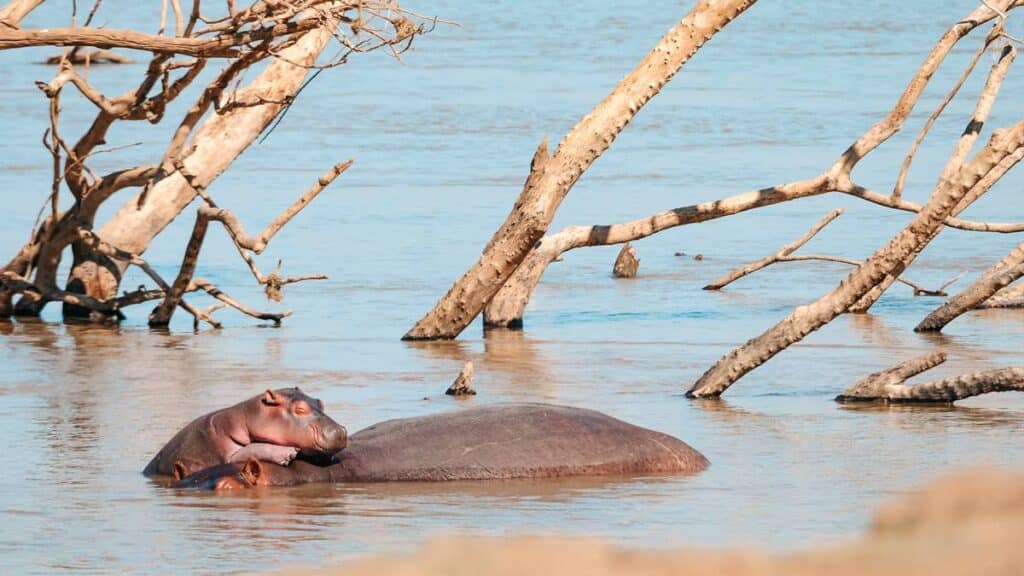
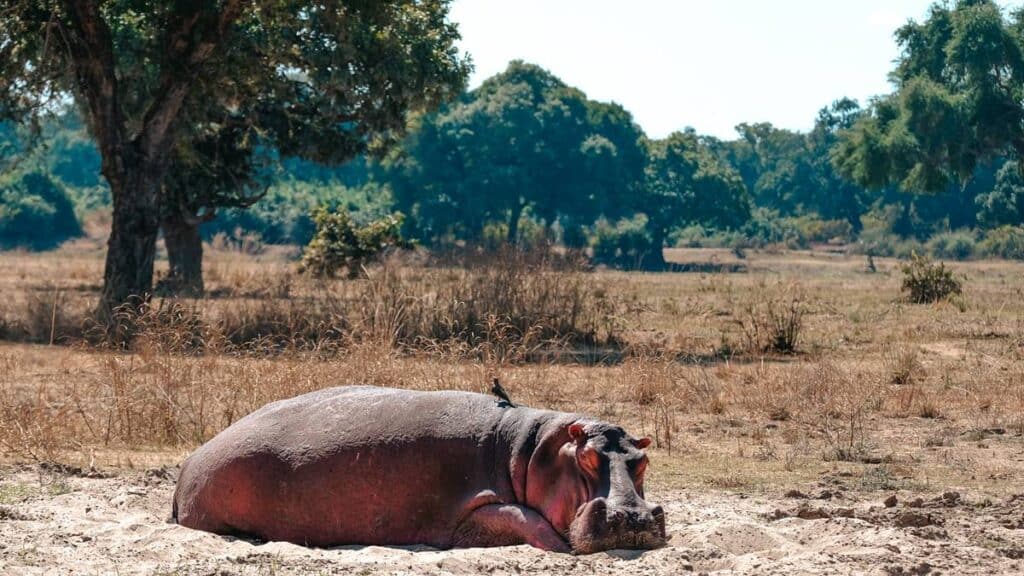
The wildlife continued to impress with an abundance of birdlife, antelope, baboons and monkeys at every turn. And it’s no surprise given the fact that the Luangwa River is the most intact major river system in Africa, supporting the surrounding 9059 square km park including 60 different animal species and over 400 different species of birds.
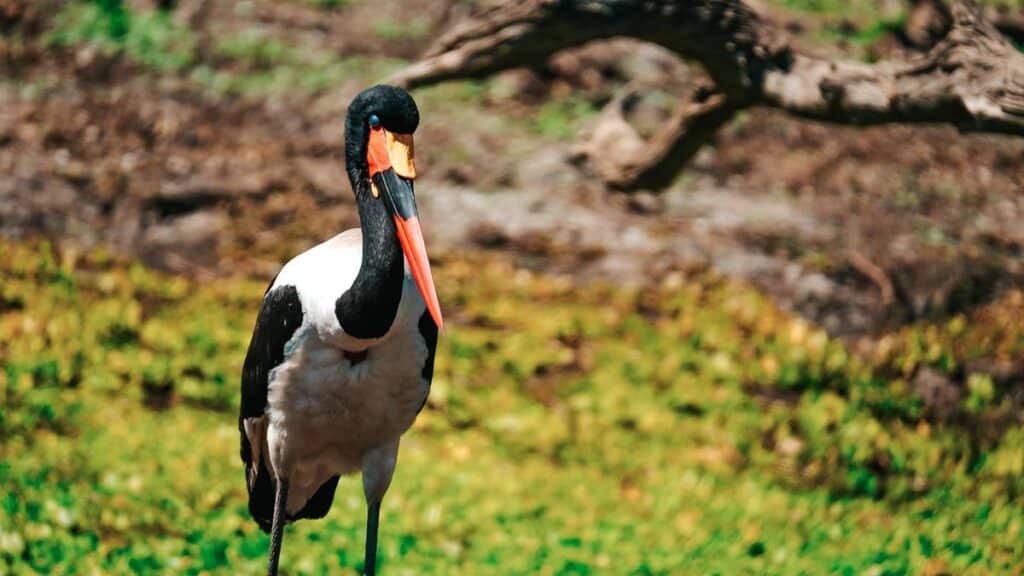
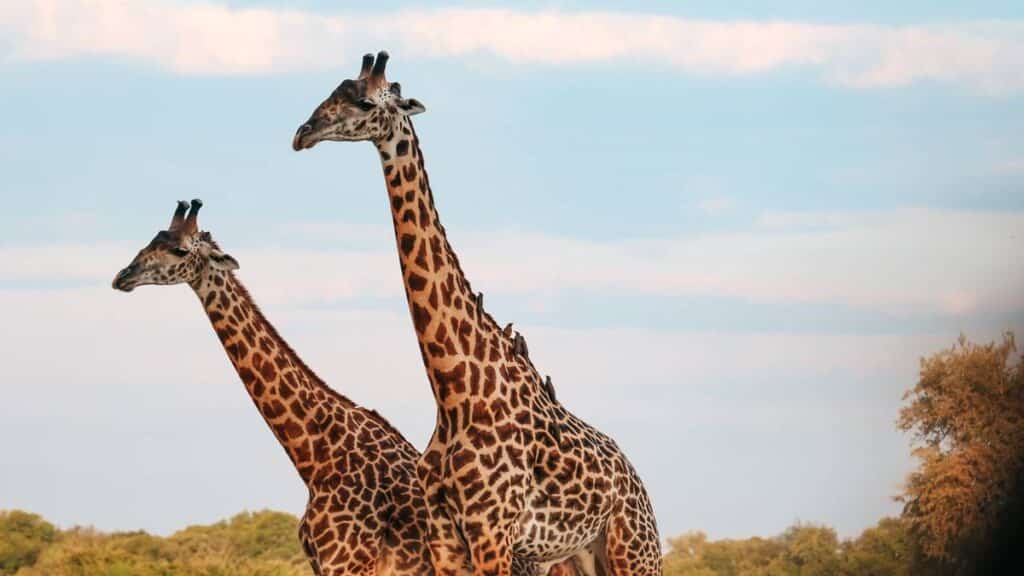
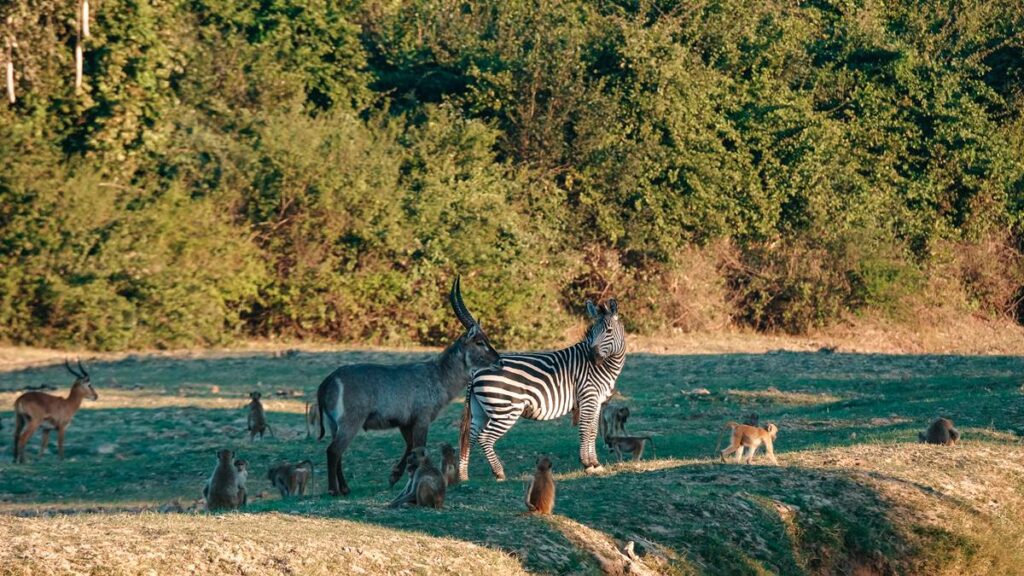
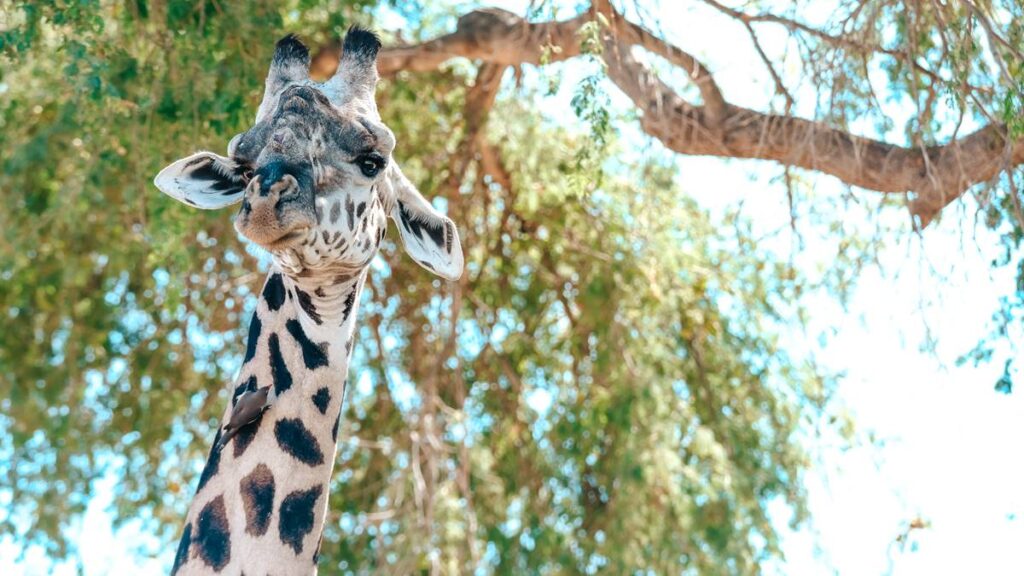
A perfect safari day would not be complete without lunch in a dry river bed surrounded by South Luangwa’s beautiful biodiversity. Zebra and bushbuck graze nearby while vervet monkeys pick at berries and seeds. The birds flutter between bushes and look sideways at the lunch spread wondering if anything will be left behind for them to pick at. Sitting here enjoying this spectacle of nature, it’s no surprise that South Luangwa has been called one of the greatest wildlife sanctuaries in the world.
As the day drew to a close and the evening light painted the landscape a golden hue, a bask of crocodiles fought over a puku carcass on the riverbank. Edging closer, one lucky crocodile breaks away with the carcass in its mouth and makes a run for the water, kicking up gold plumes of dust in its wake.
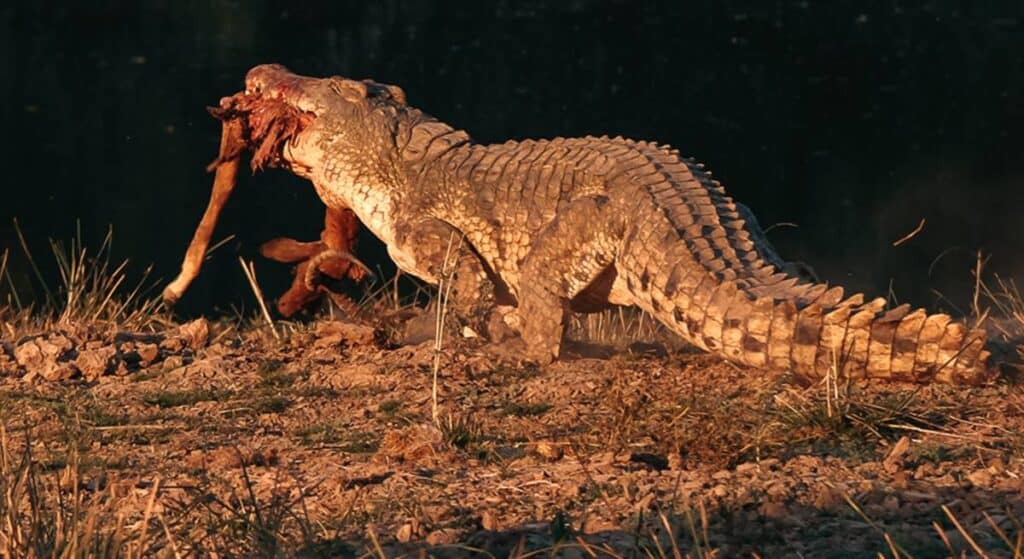
An unperturbed family of ducks snack on the water insects nearby and as the sky bursts into a kaleidoscope of rich oranges and reds, the African skimmers celebrate the evening hour by showing off their beautiful silhouettes against the sunset canvas, a true theatre of the bush.
